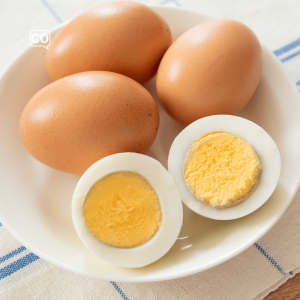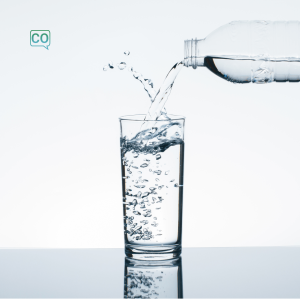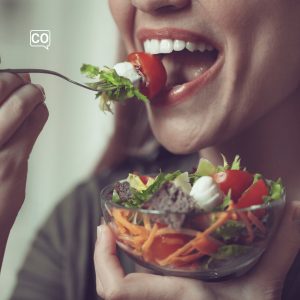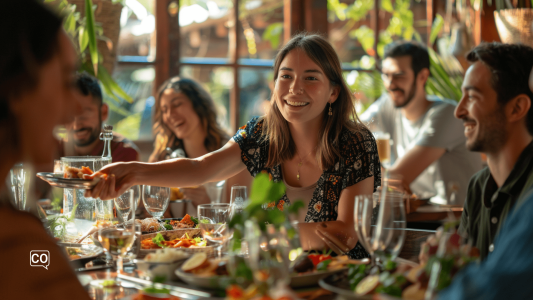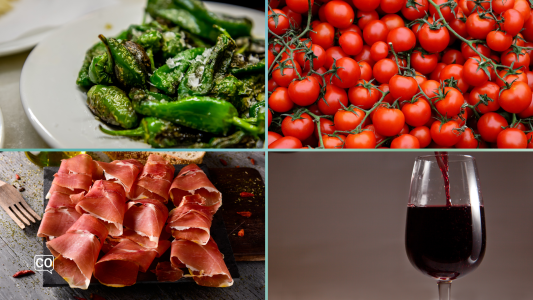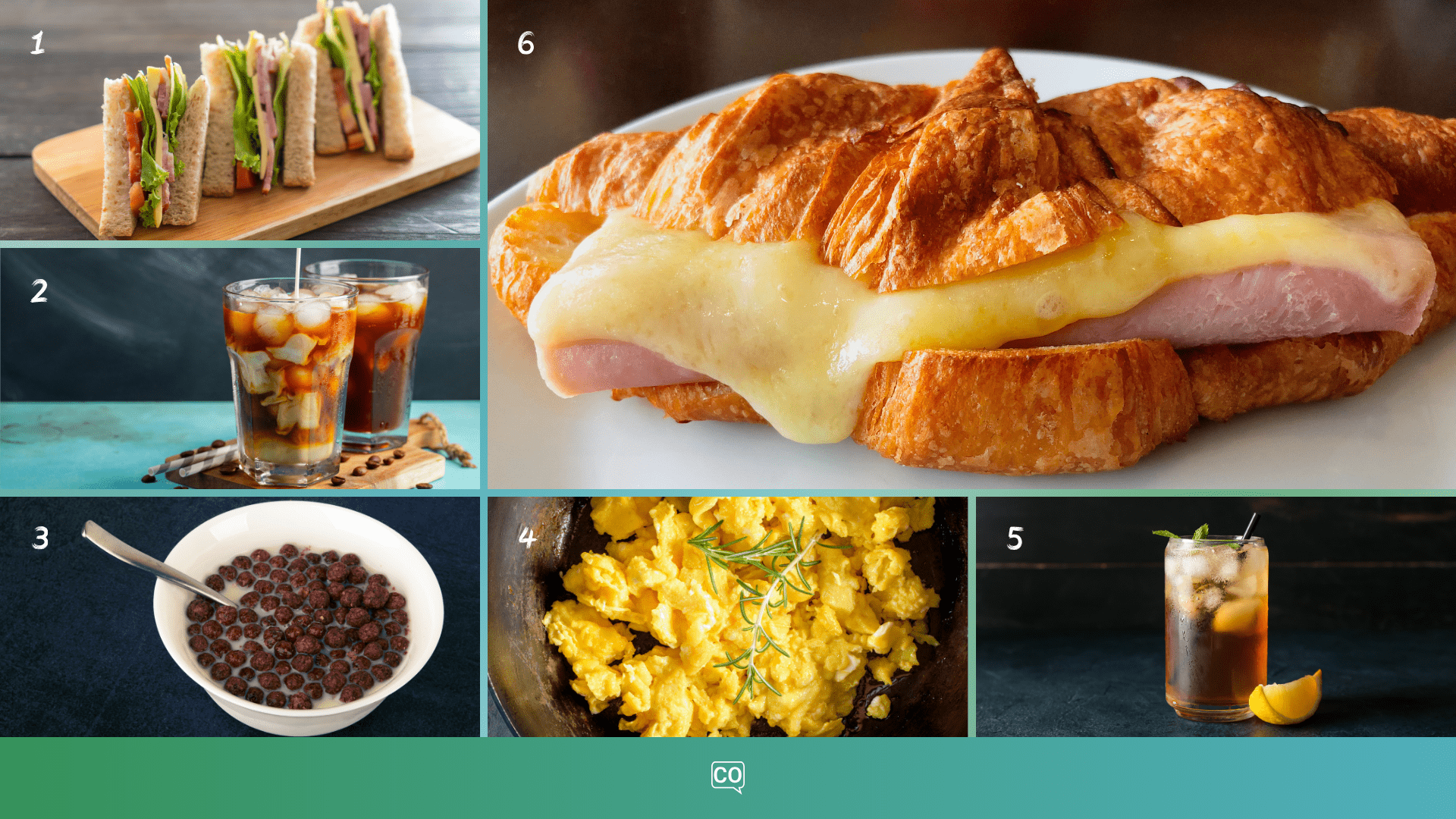Alimentación diaria

Learning goals:
- Nombra los alimentos que consumimos diariamente. (Name the food that we consume daily.)
- Dí lo que comes y bebes. (Tell what you eat and drink.)
-
Las conjunciones
("y, o,...") (The conjunctions ("y, o,...")) - La dieta mediterránea (The Mediterranean diet)
Learning module 3 (A1): Día a día (Day to day)
Recap exercises of the previous lesson
Teaching guidelines +/- 60 minutes
Core vocabulary (13)
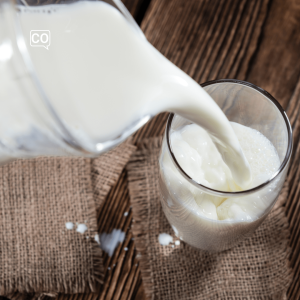
Yo bebo la leche y el café en la mañana.
(I drink the milk and the coffee in the morning.)
La leche
(The milk)
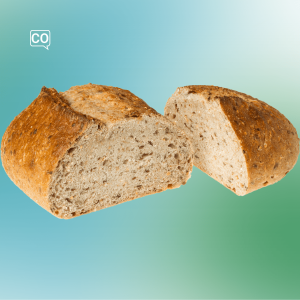
El pan y el queso son deliciosos juntos.
(The bread and cheese are delicious together.)
El pan
(The bread)

Me gusta el café y el pan por la mañana.
(I like coffee and bread in the morning.)
El café
(The coffee)
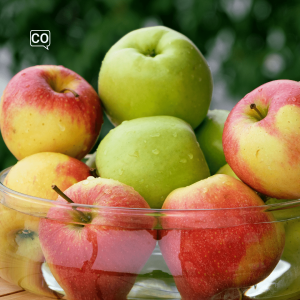
Me gusta comer la manzana y la naranja en el desayuno.
(I like to eat the apple and the orange for breakfast.)
La manzana
(The apple)
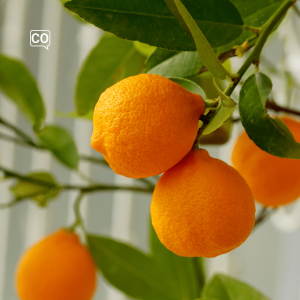
La naranja y la manzana son deliciosas.
(The orange and the apple are delicious.)
La naranja
(The orange)
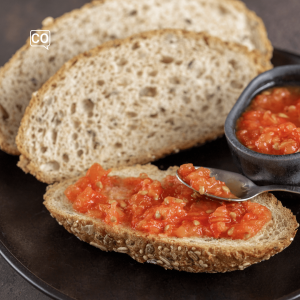
Voy a comer una tostada y una manzana.
(I am going to eat a piece of toast and an apple.)
La tostada
(The toast)
Listening materials
Our listening materials implement the verbs, vocabulary and grammar topics of this lesson. Audio and video available!
A1.15.1 Diálogo: Comida con amigos
Spanish A1.15.1 Food with friends
Pedro y Ana hablan sobre su comida diaria usando vocabulario básico de alimentos en español.
(Pedro and Ana talk about their daily meals using basic food vocabulary in Spanish.)
Teaching guidelines +/- 15 minutes
A1.15.2 Gramática: Las conjunciones ("y, o,...")
Spanish A1.15.2 The conjunctions ("y, o,...")
(Conjunctions join words or phrases in a sentence. For example: "y, o, pero...")
Teaching guidelines +/- 15 minutes
A1.15.3 Cuento corto: Un día de comida saludable
Spanish A1.15.3 A day of healthy eating
Una breve historia sobre la alimentación diaria de Pedro
(A brief history about Pedro's daily diet)
Teaching guidelines +/- 15 minutes
A1.15.4 Cultura: La dieta mediterránea
Spanish A1.15.4 The Mediterranean diet
Aprendemos sobre la dieta mediterránea y los alimentos forman parte de ella.
(We learn about the Mediterranean diet and the foods that are part of it.)
Teaching guidelines +/- 10 minutes
Exercises
These exercises can be done together during conversation lessons or as homework.
Exercise 1: Find the words
Instruction: Find the words, mark them and make sentences with the words.
Show answers Show hintsHints
The toast , The water , The tea , The bread , The milk , To eat
Answers
Score: 0/6
| El pan | (The bread) |
| La tostada | (The toast) |
| El agua | (The water) |
| Comer | (To eat) |
| El té | (The tea) |
| La leche | (The milk) |
Exercise 2: Reorder sentences
Instruction: The words in these sentences have been shuffled! Sort them so that they make a valid sentence again and translate.
Show answers Show translationExercise 3: Translate and make sentences
Instruction: Translate the words and phrases below and use it in a conversation or text.
Show answersExercise 4: Translate and use in a sentence
Instruction: Translate and say the word out loud. Use the word in a sentence.
Show translation|
1.
El té
|
(The tea) |
|
2.
Beber
|
(To drink) |
|
3.
La naranja
|
(The orange) |
|
4.
El agua
|
(The water) |
|
5.
La manzana
|
(The apple) |
Exercise 5: Conjugación verbal
Instruction: Choose the correct word, read the sentence out loud and translate.
Show answers Show translationComer (Presente, indicativo), Beber (Presente, indicativo)
1. Vosotros ... té en la tarde.
2. Ellos ... en la plaza al mediodía.
3. Yo ... agua todos los días.
4. Nosotros ... leche antes de dormir.
5. Yo ... una manzana todos los días.
Exercise 6: The conjunctions ("y, o,...")
Instruction: Choose the correct word, read the sentence out loud and translate.
Show answers Show translationy, e, o, u, pero, porque, Si, Aunque
1. No es bueno comer ... ir a dormir directamente.
2. ... compras pan, compra queso también, por favor.
3. ¿Prefieres manzanas ... naranjas?
4. Prefiero la tostada sin sal ... es más saludable.
5. ... no le gusta el café, hoy bebe uno.
6. Ella bebe café ... come pan.
7. Puedes beber té ... otra bebida.
8. Me gusta la leche en el café ... no en el té.
Exercise 7: Translate and make sentences
Instruction: Translate the words and phrases below and use it in a conversation or text.
Show answersConversation exercise
Teaching guidelines +/- 10 minutes
- Di cuál es el ingrediente principal de cada plato o bebida. (Say what main ingredient is in each dish or drink.)
- ¿Puedes nombrar los platos? (Can you name the dishes?)
Example phrases:
- El sándwich contiene ensalada, tomate, .... (The sandwich contains salada, tomato,....)
- ...
Appendix 1: Extended vocabulary table
Core vocabulary
(13):
Verbs: 2,
Nouns: 11,
Context vocabulary:
4
| Spanish | English |
|---|---|
| Beber | To drink |
| Bebes | Do you drink |
| Comer | To eat |
| Comes | Are you eating |
| Comida | Food |
| Como | I eat |
| El agua | The water |
| El café | The coffee |
| El pan | The bread |
| El queso | The cheese |
| El té | The tea |
| La leche | The milk |
| La manzana | The apple |
| La naranja | The orange |
| La sal | The salt |
| La tostada | The toast |
| Los huevos | The eggs |
Appendix 2: Verb conjugation tables for this lesson
Beber (to drink)
Exercises and examples phrases
- yo bebo I drink
- tú bebes You drink
- él/ella bebe he drinks
- nosotros/nosotras bebemos We drink
- vosotros/vosotras bebéis you (plural) drink
- ellos/ellas beben They drink
Comer (to eat)
Exercises and examples phrases
- yo como I eat
- tú comes you eat
- él/ella come he eats
- nosotros/nosotras comemos we eat
- vosotros/vosotras coméis you eat
- ellos/ellas comen they eat
Exercise: Verb conjugation
Instruction: Choose the correct word, read the sentence out loud and translate.
Show answers Show translationComer (Presente, indicativo), Beber (Presente, indicativo)
1. Vosotros ... demasiado azúcar.
2. Tú ... muy rápido siempre.
3. Él ... pizza todos los viernes.
4. Nosotros ... juntos cada domingo.
5. Yo ... una manzana todos los días.
